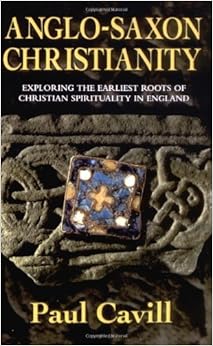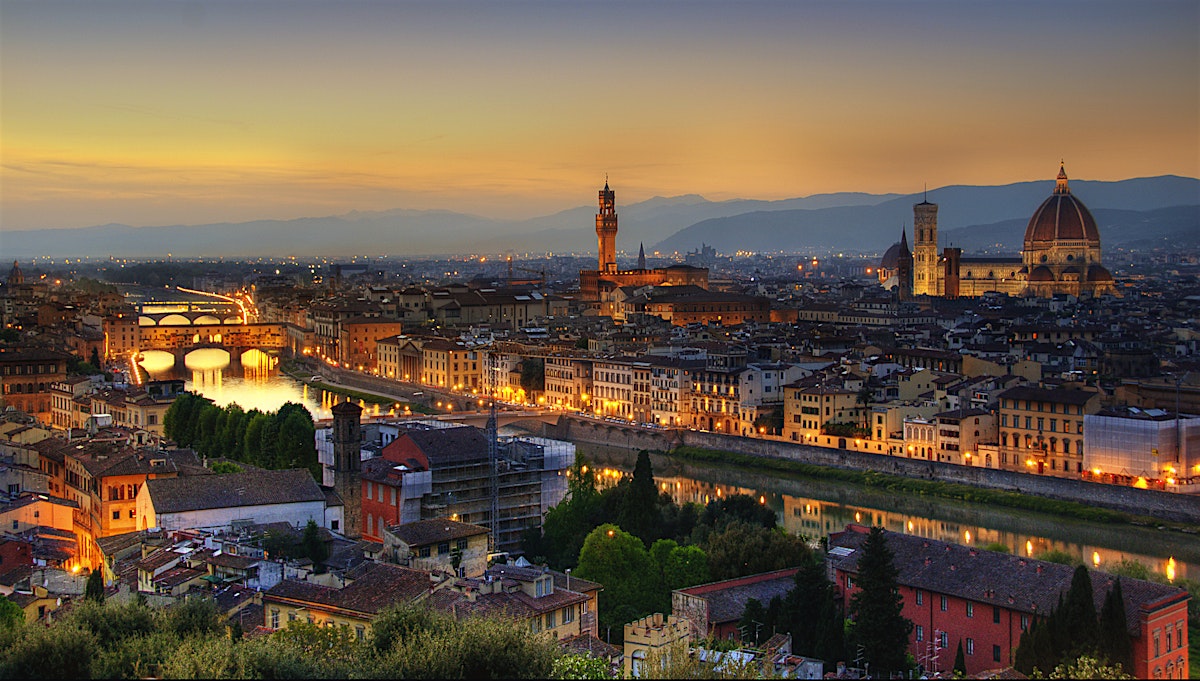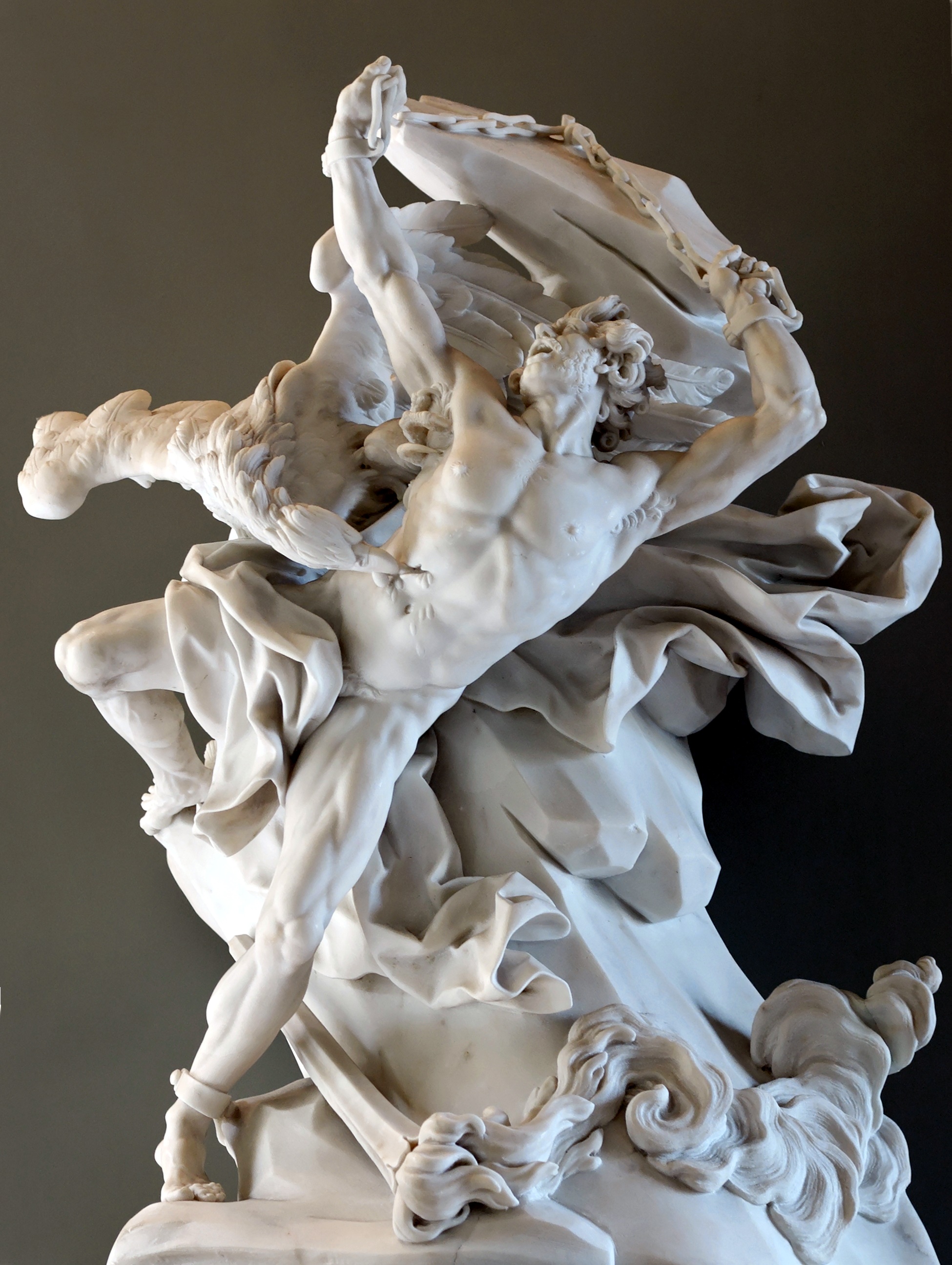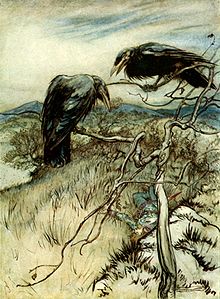King James I.
James I (late July 1394 – 21 February 1437), King of Scotland from 1406, was the son of King Robert III and Annabella Drummond. He was the last of three sons. By the time he was eight, both of his elder brothers were dead—Robert had died in infancy but David, Duke of Rothesay died suspiciously in Falkland Castle while being detained by his uncle, Robert, Duke of Albany. Although parliament exonerated Albany, fears for James's safety grew during the winter of 1405–1406 and plans were made to send him to France. In February 1406, James was accompanying nobles close to his father when they clashed with supporters of Archibald, 4th Earl of Douglas, forcing the prince to take refuge in the castle of the Bass Rock, a small islet in the Firth of Forth. He remained there until mid-March, when he boarded a vessel bound for France, but on 22 March while off the English coast, pirates captured the ship and delivered James to Henry IV of England. Two weeks later, on 4 April the ailing Robert III died, and the 12-year-old uncrowned King of Scots began his 18-year detention.
The Lord's Prayer.

The Lord's Prayer (also called the Our Father or Pater Noster among other names) is a venerated Christian prayer that, according to the New Testament, was taught by Jesus to his disciples. Two versions of it are recorded: a longer form in the Gospel of Matthew as part of the Sermon on the Mount, and a shorter form in the Gospel of Luke as a response by Jesus to a request by "one of his disciples" to teach them "to pray as John taught his disciples." The context of the prayer in Matthew is a discourse deploring people who pray ostentatiously.
Philadelphia (/ˌfɪləˈdɛlfiə/) is the largest city in the Commonwealth of Pennsylvania and the fifth-most populous in the United States, with an estimated population in 2015 of 1,567,442.[3][6][7][8][9][10] In the Northeastern United States, at the confluence of the Delaware and Schuylkill rivers, Philadelphia is the economic and cultural anchor of the Delaware Valley, a metropolitan area home to 7.2 million people and the eighth-largest combined statistical area in the United States.
Anglo Saxon Christianity.

The history of Christianity in England from the Roman departure to the Norman Conquest is often told as one of conflict between the Celtic Christianity spread by the Irish mission, and Roman Christianity brought across by Augustine of Canterbury.
Seven Deadly Sins.
The seven deadly sins, also known as the capital vices or cardinal sins, is a grouping and classification of vices of Christian origin.[1]Behaviors or habits are classified under this category if they directly give birth to other immoralities.[2] According to the standard list, they are pride, greed, lust, envy, gluttony, wrath, and sloth,[2] which are also contrary to the seven virtues. These sins are often thought to be abuses or excessive versions of one's natural faculties or passions (for example, gluttony abuses one's desire to eat).
Sloth.
Sloths are mammals classified in the families Megalonychidae (two-toed sloths) and Bradypodidae (three-toed sloths), including six extant species. They are named after the capital sin of sloth because they seem slow and lazy at first glance; however, their usual idleness is due to metabolic adaptations for conserving energy. Aside from their surprising speed during emergency flights from predators, other notable traits of sloths include their strong body and their ability to host symbiotic algae on their furs.
Florence.

Florence (/ˈflɒrəns/ flor-əns; Italian: Firenze [fiˈrɛntse] ( listen))[2] is the capital city of the Italian region of Tuscany and of the Metropolitan City of Florence. It is the most populous city in Tuscany, with 383,083 inhabitants, expanding to over 1,520,000 in the metropolitan area.[3]Florence was a centre of medieval European trade and finance and one of the wealthiest cities of the time.[4] It is considered the birthplace of the Renaissance, and has been called "the Athens of the Middle Ages".[5] A turbulent political history includes periods of rule by the powerful Medici family, and numerous religious and republican revolutions.[6] From 1865 to 1871 the city was the capital of the recently established Kingdom of Italy.
listen))[2] is the capital city of the Italian region of Tuscany and of the Metropolitan City of Florence. It is the most populous city in Tuscany, with 383,083 inhabitants, expanding to over 1,520,000 in the metropolitan area.[3]Florence was a centre of medieval European trade and finance and one of the wealthiest cities of the time.[4] It is considered the birthplace of the Renaissance, and has been called "the Athens of the Middle Ages".[5] A turbulent political history includes periods of rule by the powerful Medici family, and numerous religious and republican revolutions.[6] From 1865 to 1871 the city was the capital of the recently established Kingdom of Italy.
Anarchism.

Anarchism is a political philosophy that advocates self-governed societies based on voluntary institutions. These are often described as stateless societies,[1][2][3][4] although several authors have defined them more specifically as institutions based on non-hierarchicalfree associations.[5][6][7][8] Anarchism holds the state to be undesirable, unnecessary, and harmful.[9][10] While anti-statism is central,[11] anarchism entails opposing authority or hierarchical organisation in the conduct of all human relations, including, but not limited to, the state system.
Archangel.

An archangel /ˌɑːrkˈeɪndʒəl/ is an angel of high rank. Beings that are very similar to archangels are found in a number of religious traditions; but the word "archangel" itself is usually associated with the Abrahamic religions.The word archangel is derived from the Greek ἀρχάγγελος (arch- + angel, literally chief angel).
Temperance.

Temperance is defined as moderation or voluntary self-restraint.[1] It is typically described in terms of what an individual voluntarily refrains from doing.[2] This includes restraint from retaliation in the form of non-violence and forgiveness, restraint from arrogance in the form of humility and modesty, restraint from excesses such as splurging now in the form of prudence, and restraint from excessive anger or craving for something in the form of calmness and self-control.
Graduate Record Examinations.

The Graduate Record Examination (GRE) is a standardized test that is an admissions requirement for most Graduate Schools in the United States.[7] Created and administered by the Educational Testing Service (ETS) in 1949,[8] the exam aims to measure verbal reasoning, quantitative reasoning, analytical writing, and critical thinking skills that have been acquired over a long period of learning and that are not entirely based on any specific field of study outside of the GRE itself. The GRE General Test is offered as a computer-based exam administered at Prometric testing centers.
Warren Buffett.

Warren Edward Buffett (/ˈbʌfᵻt/; born August 30, 1930)[3] is an American business magnate, investor and philanthropist. He is considered by some to be one of the most successful investors in the world.[4][5] Buffett is the chairman, CEO and largest shareholder of Berkshire Hathaway,[6] and is consistently ranked among the world's wealthiest people. He was ranked as the world's wealthiest person in 2008[7] and as the second wealthiest in 2016.[2] In 2012 Time named Buffett one of the world's most influential people.
Not Want on Voyage.

Not Wanted on the Voyage is a novel by Canadian author Timothy Findley, which presents a magic realist post-modern re-telling of the Great Flood in the biblical Book of Genesis. It was first published by Viking Canada in the autumn of 1984.The novel has also been adapted for the stage by D. D. Kugler and Richard Rose.
Noah's Ark.
Noah's Ark.

Noah' Ark (Hebrew: תיבת נח; Biblical Hebrew: Tevat Noaḥ) is the vessel in the Genesis flood narrative (Genesis chapters 6–9) by which God spares Noah, his family, and a remnant of all the world's animals from the flood.[1][2] According to Genesis, God gave Noah instructions for building the ark. Seven days before the deluge, God told Noah to enter the ark with his household and the animals. The story goes on to describe the ark being afloat for 150 days and then coming to rest on the Mountains of Ararat and the subsequent receding of the waters.[3] The story is repeated, with variations, in the Quran, where the ark appears as Safina Nuh (Arabic: سفينة نوح "Noah's boat"). The Genesis flood narrative is similar to numerous other flood myths from a variety of cultures. The earliest known written flood myth is the Sumerian flood myth found in the Epic of Ziusudra.[4] Searches for Noah's Ark have been made from at least the time of Eusebius (c.275–339 CE) to the present day. There is no scientific evidence for a global flood, and despite many expeditions, no evidence of the ark has been found.[5][6][7][8][9][10] The challenges associated with housing all living animal types, and even plants, would have made building the ark a practical impossibility.
Prometheus.

Prometheus (/prəˈmiːθiəs/ prə-mee-thee-əs; Greek: Προμηθεύς [promɛːtʰeús], meaning "forethought")[1] is a Titan in Greek mythology, best known as the deity in Greek mythology who was the creator of mankind and its greatest benefactor, who stole fire from Mount Olympus and gave it to mankind.
Ancient myths and legends relate at least four versions of the narratives describing Prometheus, his exploits with Zeus, and his eternal punishment as also inflicted by Zeus. There is a single somewhat comprehensive version of the birth of Prometheus and several variant versions of his subjection to eternal suffering at the will of Zeus.
Nymphomaniac (Film).

Nymphomaniac (stylized onscreen and in advertising as NYMPH()MANIAC) is a 2013 two-part drama art film written and directed by Lars von Trier. The film stars Charlotte Gainsbourg, Stellan Skarsgård, Stacy Martin, Shia LaBeouf, Christian Slater, Jamie Bell, Uma Thurman, Willem Dafoe and Connie Nielsen. The film was originally supposed to be only one complete entry; but, because of its four-hour length, von Trier made the decision to split the project into two separate films. Nymphomaniac was an international co-production of Denmark, Belgium, France, and Germany.
Cultural depictions of Ravens.

There are many references to ravens in legends and literature. Most of these refer to the widespread common raven. Because of its black plumage, croaking call, and diet of carrion, the raven has long been considered a bird of ill omen and of interest to creators of myths and legends.French anthropologist Claude Lévi-Strauss proposed a structuralist theory that suggests the raven (like the coyote) obtained mythic status because it was a mediator animal between life and death.
Vocabulary.1. Philosophy.
Definition:
1. the academic discipline concerned with making explicit the nature and significance of ordinary and scientific beliefs and investigating the intelligibility of concepts by means of rational argument concerning their presuppositions, implications, and interrelationships; in particular, the rational investigation of the nature and structure of reality (metaphysics), the resources and limits of knowledge (epistemology), the principles and import of moraljudgment (ethics), and the relationship between language and reality (semantics)
2. Philatelist.
Definition:
3. Dexterous.
Definition:
1. possessing or done with dexterity
2. a rare word for right-handed
Example Sentences:
4. Ambiguous.
Definition:
1. having more than one possible interpretation or meaning
2. difficult to understand or classify; obscure
5. Violinist.

Definition:
a person who plays the violin
6. Gregarious.
Definition:
1. enjoying the company of others
沒有留言:
張貼留言